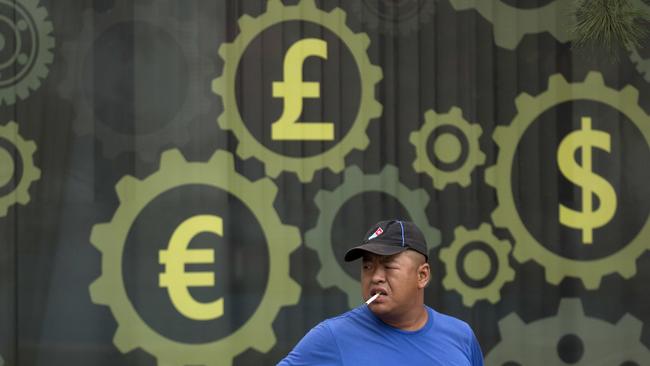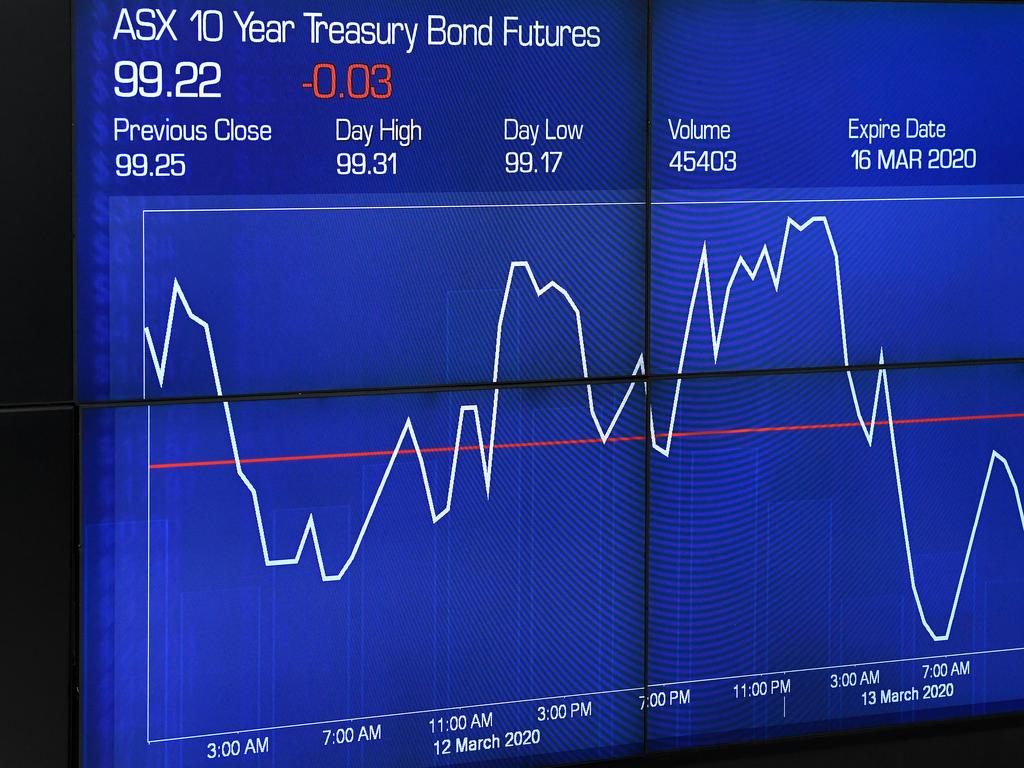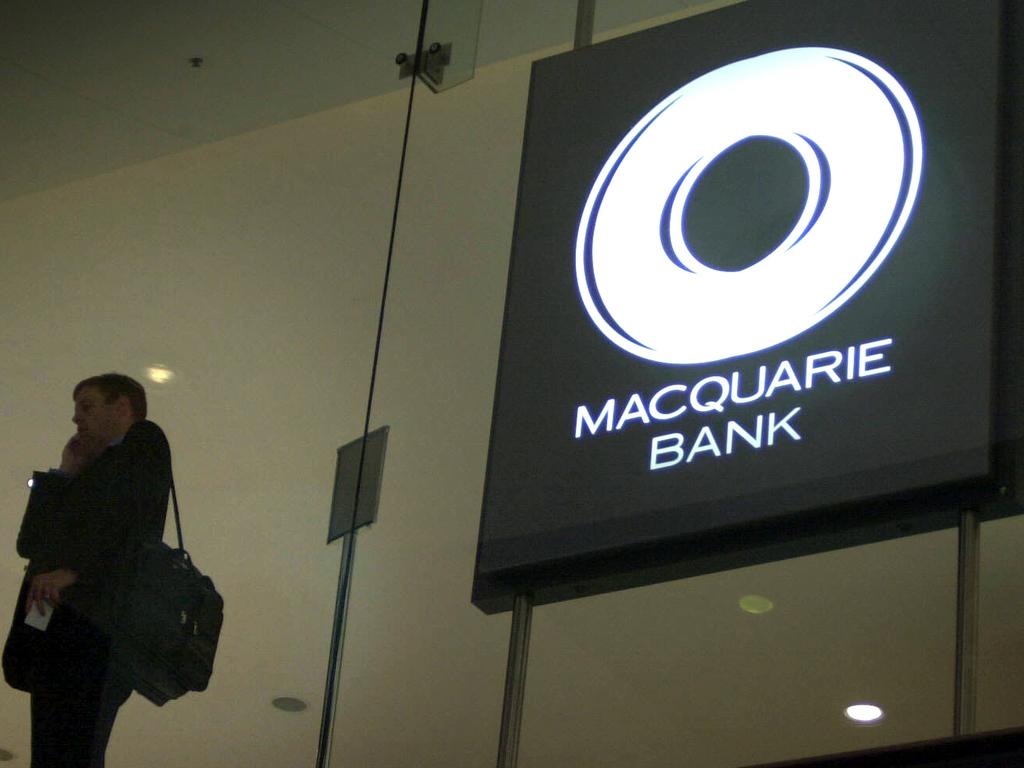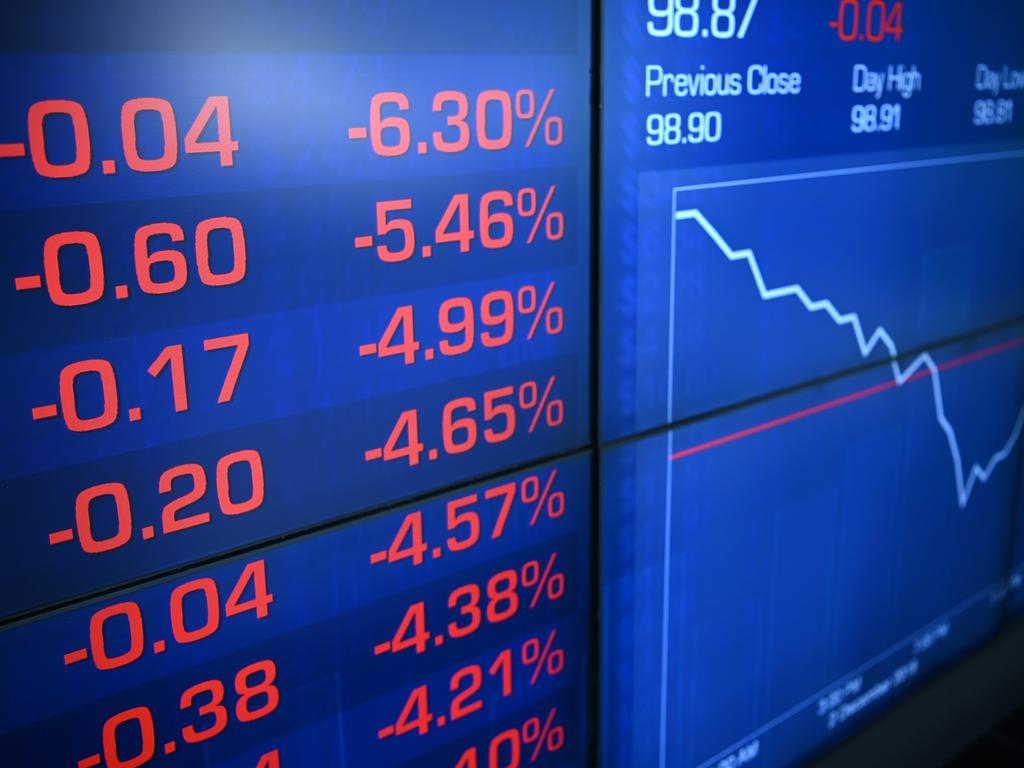Margin calls spare none as MGM Wireless’s Mark Fortunatow forced to sell $225,189 of shares
Margin call slays executive’s holding in listed Australian technology company MGM Wireless.

Mark Fortunatow, the chief of listed Australian technology company MGM Wireless, said it was “personally devastating” he’s been forced to sell $225,189 worth of shares in his own company, after the executive was hit by a margin call.
While shares in the children’s smart watch maker MGM Wireless rallied over more than 1000 per cent over the past two years, the stock has since cratered, falling 70 per cent since the start of the year and eliminating essentially all the gains made in the shares since 2018.
“While this is a personally devastating outcome for me, it has taken place in a complex market environment that includes an impending pandemic,” Mr Fortunatow said.
“As a founder of MGM in 2001, I have sold virtually no shares in MGM over the past 20 years. I’ve participated in all capital raisings and personally loaned money to the Company in difficult times during the GFC,” he said.
Mr Fortunatow sold more than 2 million shares in on-market trades, leaving him with about 17.4 million shares - still the company’s biggest shareholder.
MGM Wireless is an Australian technology company which provides SMS, mobile communication, app and cloud based technology to schools for communication and student absence management.
The Adelaide-based, Mr Fortunatow is the founder and chairman of MGM Wireless and of Spacetalk, a children’s smartwatch, phone and tracking device.
Mr Fortunatow said MGM was “moving quickly in a responsible manner to adjust its costs and reduce risk in every aspect of the business” amid the pandemic threat.
“MGM has significant opportunities ahead and our focus is on laying the groundwork for those opportunities to succeed,” he said.
“The company is well funded and growing rapidly, and I am proud to say we are leaders in the markets we serve.”
The number of speculative traders receiving a margin call has quadrupled over the past week as the plunge in global sharemarkets accelerates, jumping from about 1 to 4 per cent of customers are specialist margin lending companies over the last fortnight.
Although the margin-lending industry has shrunk from the peak just before the global financial crisis at $42bn in the December quarter in 2007, lending boomed last year as the local market was primed for a rally after the federal election and three rate cuts by the Reserve Bank, jumping from $11bn to $17bn between the June and September quarters.
Margin loans involve a revolving line of credit that allow an investor to borrow money to invest, and uses shares or managed funds as security. But due to the loans’ risky nature, investors can face huge losses if the market fails and can owe more than the original investment. This prompts a margin call to top up the equity in the loan.
The level of outstanding margin debt per investor has more than doubled between 2012 and 2019, from $111,000 to $235,000, according to RBA figures.






To join the conversation, please log in. Don't have an account? Register
Join the conversation, you are commenting as Logout